SUMMARY
This is AI generated summarization, which may have errors. For context, always refer to the full article.
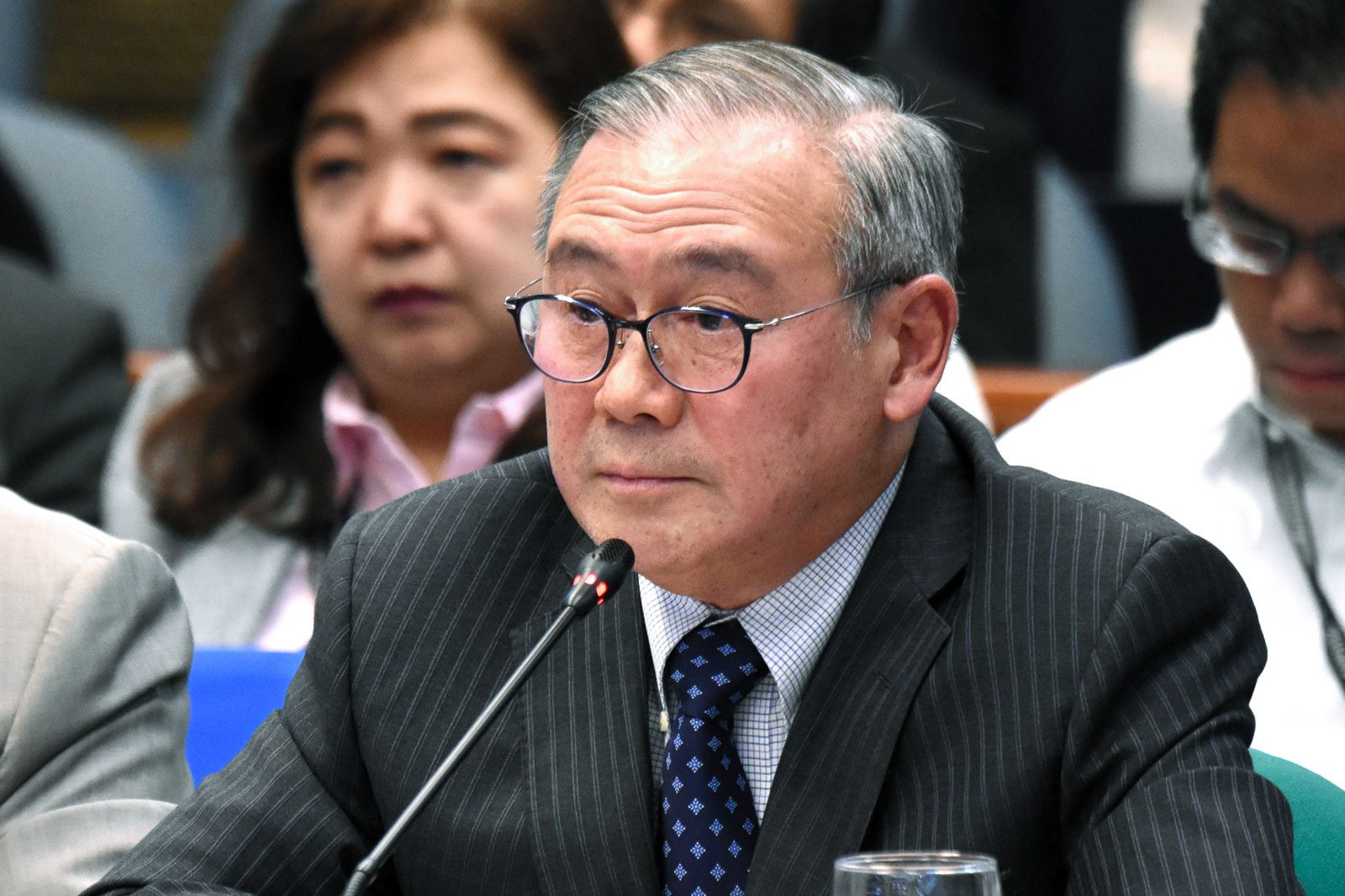
Foreign Secretary Teodoro Locsin Jr vowed to “fight to the end” attempts to sell the Philippine government’s properties in Japan, whose proceeds are eyed to fund assistance for Philippine war veterans and their families.
In a document seen by Rappler, Locsin said the Department of Foreign Affairs (DFA) “strongly objects” to the sale of the properties which were to be used “for the benefit of the Filipino people, not merely a sector of society.” Locsin made this statement in a letter to House committee on veterans affairs and welfare chair Geraldine Roman, dated September 10.
Locsin later also tweeted about an alleged “plot” to use proceeds from the proposed sale of 4 of the government’s properties in the East Asian country. In a series of tweets on Monday, September 14, said these proceeds would be used as a “retirement fund of last resort” for government officials “who’ve run through the budgets of their own agencies.”
“There is another plot to dispose of 4 of our Japan properties. This is a second Pearl Harbor perpetrated by Filipinos on our own patrimony,” Locsin said.
He added, “The plight of our poor veterans, so few of them left, has been invoked by every gang of officials who’ve run through the budgets of their own agencies. Usually happens toward the end of a term. Retirement fund of last resort.”
Describing the proposed sale as “dollar patriotism,” the foreign affairs chief asserted he would block the sale of Philippine properties in Japan, some of which were currently being used by the Philippines’ foreign posts.
“I will fight this to their end. Shet before I go down in ignominy as the guy who sold our Japan properties,” Locsin said.
What properties?
Locsin was referring to the Philippines’ properties in Fujimi (Sudan), Roppongi, and Nampeidei in Tokyo City, as well as Noniwacho and Obanoyama in Kobe. These were among properties that had been identified as possible fund sources for the payment of “pensions and other benefits of veterans and military retirees or their dependents” in House Bill 1921.
Locsin said the DFA had already sent its opposition to the proposed sale to Congress.
Except for the Fujimi property, Japan had given the Philippines the other properties as part of the 1956 Reparations Agreement, where Japan provided the Philippines with $550 million in reparations after World War II.
The Roppongi property, meanwhile, currently houses the Philippine embassy in Japan.
‘For the benefit of the Filipino people’
In supporting the DFA’s objection, Locsin cited the 1990 Laurel vs Garcia Supreme Court (SC) ruling that tackled the validity of a proposal to sell the Philippines’ property in Roppongi. The High Court had ruled in favor of former vice president Salvador Laurel, saying the properties were “of public dominion” and were thus “outside the commerce of man.”
“In other words, they cannot be sold,” read the document the DFA submitted to Congress.
Laurel had opposed the sale of the Roppongi property, describing it as a “monument to the bravery and sacrifice of the Filipino people in the face of an invader.”
“Filipino honor and national dignity dictate that we keep our properties in Japan as memorials to the countless Filipinos who died and suffered. Even if we should become paupers we should not think of selling them. For it would be as if we sold the lives and blood and tears of our countrymen,” Laurel said.
Aside from this, Loscin told lawmakers that the reparation agreement between the Philippines and Japan stated properties given should be used for government purposes only. To use them as funding source solely for veterans “may not address this restriction” of the bilateral agreement between Manila and Tokyo.
On the Nempeidai property, Locsin said a case involving transactions concerning the property had yet to be decided on by the SC. A move by Congress to sell this would thus “encroach on the judicial jurisdiction” if HB 1921 were approved before the case was concluded.
Moreover, the DFA chief said the properties were ready being used by the Philippines’ foreign posts in Japan, while those that have yet to be utilized were “in the process” of being considered for use in consular and diplomatic functions.
Some were likewise “subject to service and development agreements,” and would revert to the Philippines in the 2040s.
Managing funds
Under HB 1921, the Philippine Veterans Affairs Office (PVAO) will manage the proceeds from the proposed sale of the Philippines’ properties in Japan, among others.
Yet state auditors raised questions over the use of PVAO funds in its 2018 annual report audit report on the agency as it found P70.25 million worth of pension was paid to 5,721 soldiers who turned out to be dead. The pension made up 84.5% of the total amount that the PVAO paid in pension for the same year.
State auditors likewise raised the same issue in 2015 and 2016.
While there have been several attempts to sell the Philippines’ properties in Japan in the past, Locsin asserted in his letter to Roman that it was of “national interest” the country kept these.
A chancery and diplomatic quarters, he added, would answer the need for better consular services for Filipinos in Japan and reflect the strengthening of the Philippines’ ties with Japan. – Rappler.com
Add a comment
How does this make you feel?
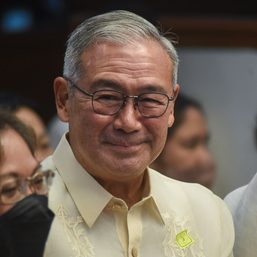
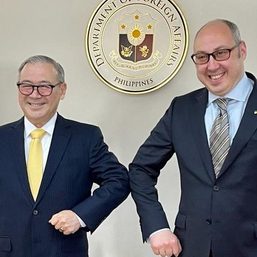
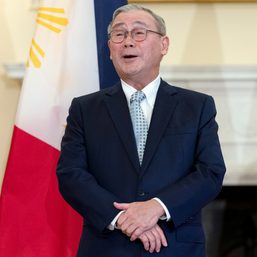
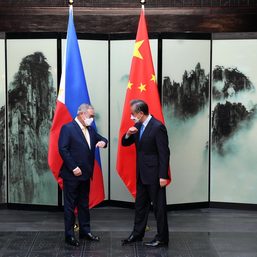
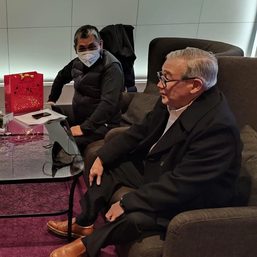
There are no comments yet. Add your comment to start the conversation.